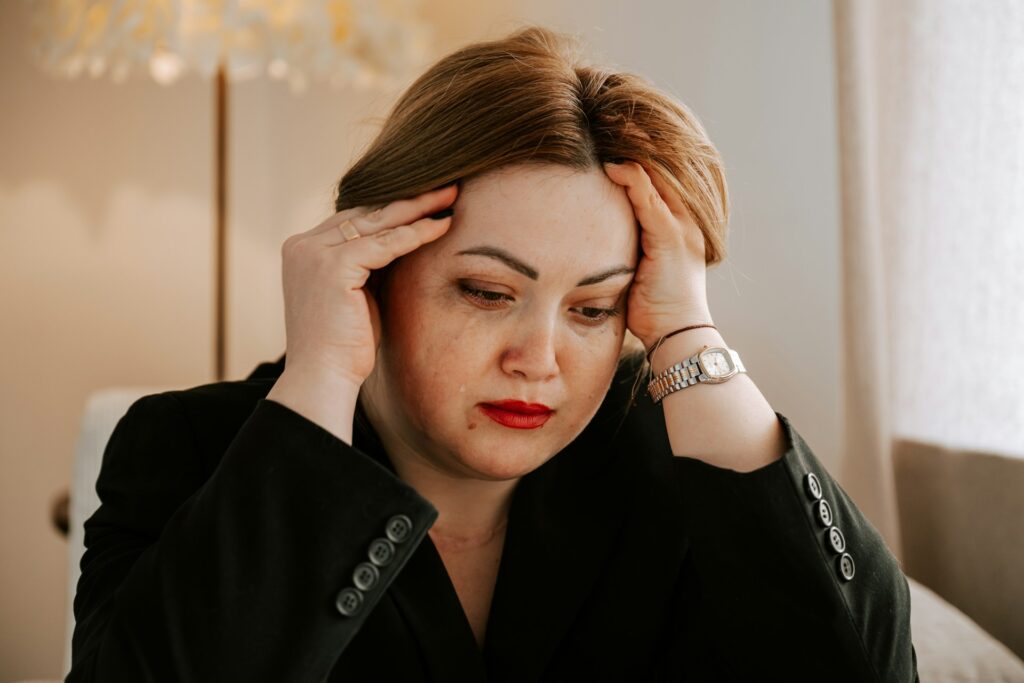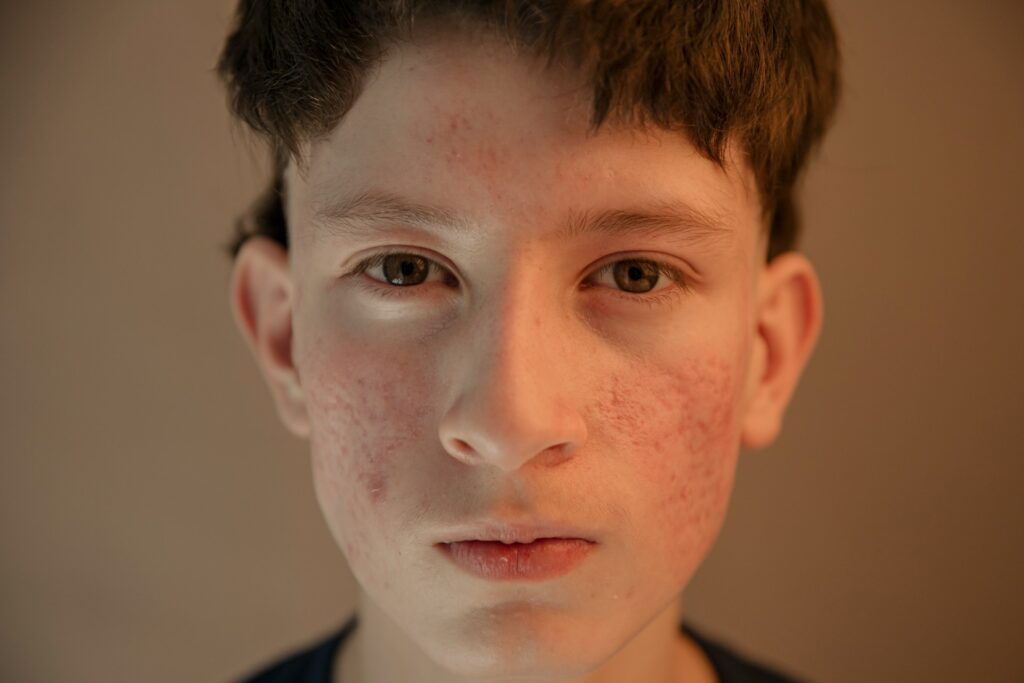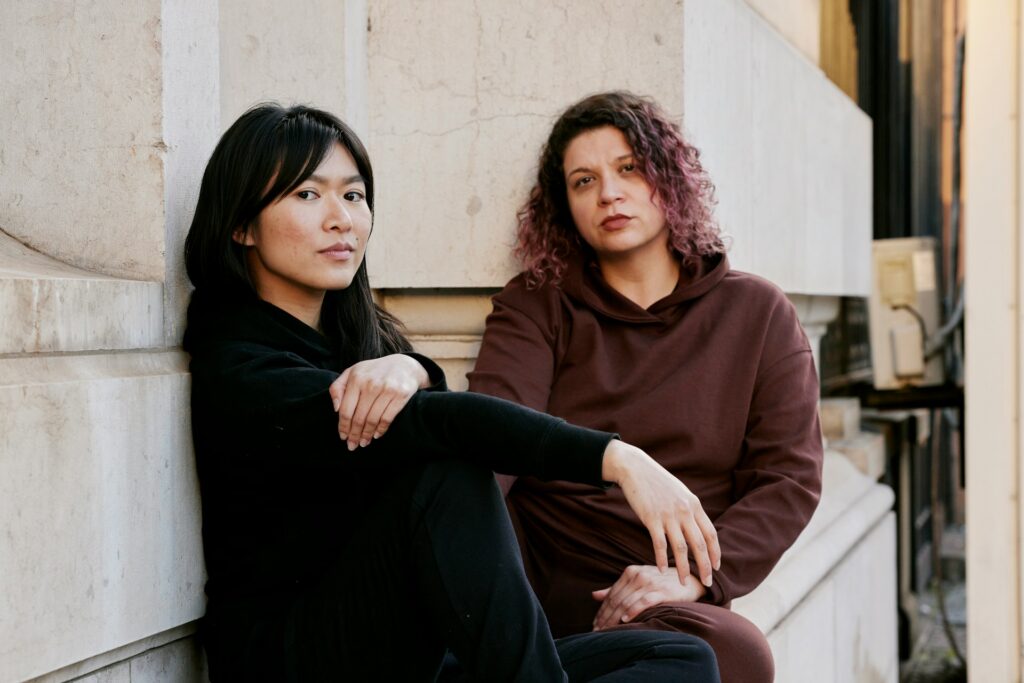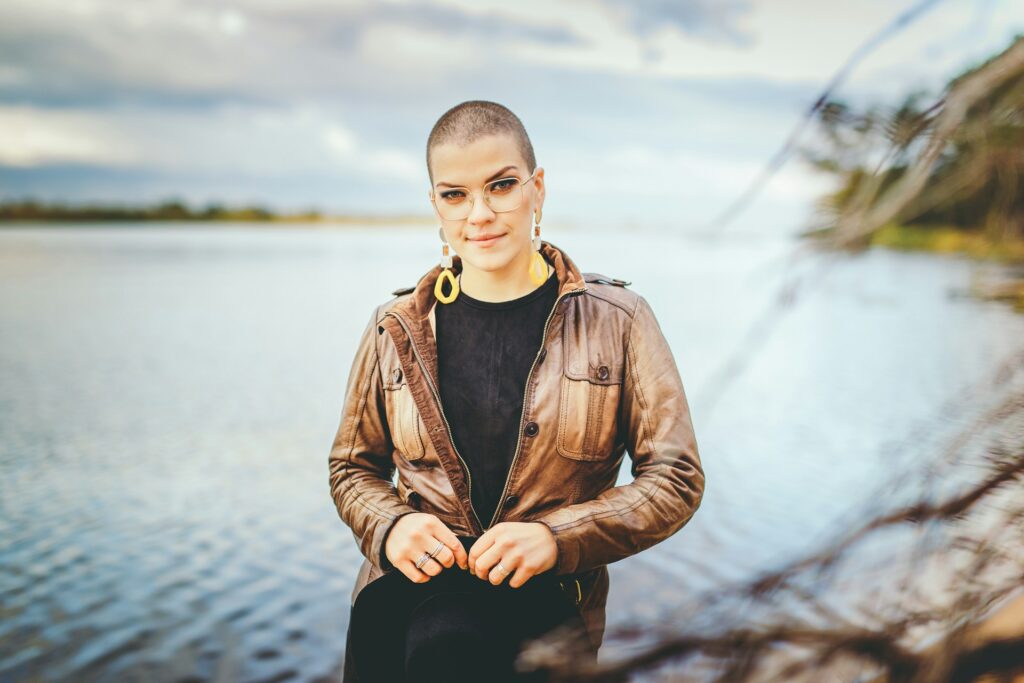Staying informed. Being compassionate. Caring about justice, people, the planet—all good things.

However, somewhere along the way, a lot of people are finding that being constantly aware is also becoming emotionally exhausting. The more injustice you see, the more broken systems you understand, the harder it becomes to feel optimistic, or even okay. And while awareness is important, the pressure to stay endlessly engaged, outraged, and emotionally available to every crisis might be slowly grinding us down. Here are some of the reasons why being too “woke” all the time could actually be making us feel worse.
1. You feel guilty for switching off.

Scrolling past an upsetting story or choosing to focus on your own life for a day can leave you feeling selfish or detached. Like you’re failing some moral obligation to always care, always speak up, always be “on.” That guilt wears people down. It’s hard to rest when your brain tells you that you’re doing something wrong just by taking a breath. However, you can’t pour from an empty cup, and nobody’s built to absorb the world’s pain 24/7.
2. There’s pressure to have a take on everything.

Whether it’s politics, climate change, healthcare, or human rights, there’s this expectation that you need to be constantly informed, always ready with the right opinion. And not just informed—fully articulate, perfectly aligned, and quick. That pressure can leave you mentally paralysed. Especially if you’re afraid of getting it wrong or being judged for not keeping up. It becomes less about awareness and more about anxiety management.
3. Outrage fatigue is real.

Every day brings a new crisis, headline, or injustice. You’re supposed to care deeply about all of it—but emotionally, it’s just not possible. The more you’re exposed to, the harder it is to feel anything at all. That numbness can start to feel like failure. But it’s actually a survival response. Your brain can only process so much before it starts protecting itself by switching off. That’s not apathy—it’s burnout.
4. You start feeling like hope is naïve.

The deeper you dive into the problems of the world, the easier it is to believe they’re too big, too rooted, too broken to fix. Hope starts to feel like a luxury for people who aren’t paying close enough attention. However, hopelessness doesn’t equal wisdom. Staying informed should fuel thoughtful action, not permanent despair. If awareness only leaves you feeling powerless, something’s out of balance.
5. Conversations feel tense, not connective.

What used to be light conversation now feels like a minefield. People watch their words, choose sides, and brace for disagreements. Even well-meaning chats can turn combative when everything feels politically loaded. The constant tension can make relationships feel draining. Not because the issues don’t matter, but because genuine connection gets lost in the pressure to always be right, righteous, or morally aligned.
6. There’s shame around not knowing.

You don’t know the latest term, the recent update, or the correct phrasing, and suddenly, it feels like a personal failing. Like not knowing means you don’t care, or worse, that you’re part of the problem. That creates a culture of quiet panic. People are afraid to ask questions, admit they’re learning, or engage openly. That fear isolates us instead of encouraging growth.
7. The bar for being “good enough” keeps moving.

Even when you try, it never feels like enough. Donate once? Why not more. Speak up? Too late, or not loud enough. Support a cause? Someone will tell you that you’re supporting the wrong one. It becomes exhausting to keep up with an invisible moral checklist. Eventually, that pressure can turn into a kind of hopeless self-criticism that saps your motivation instead of building it.
8. It turns inner peace into a guilty pleasure.

Doing things that feel nourishing—reading for fun, enjoying nature, spending time offline—can start to feel like indulgence when there’s so much wrong in the world. Like you’re cheating on the cause by being calm. The thing is, inner peace isn’t selfish. It’s how you stay capable of helping other people. If your activism doesn’t include space for joy, rest, or reflection, it becomes unsustainable, and your mental health pays the price.
9. You internalise responsibility for problems you didn’t create.

The more you learn, the more aware you become of the damage done by systems, institutions, and history. But somewhere along the way, that knowledge can morph into self-blame, especially if you’re told silence equals violence or inaction equals harm. It’s important to be accountable, but carrying the entire weight of the world’s injustice personally isn’t noble—it’s crushing. Also, it doesn’t make you more useful. It just makes you more exhausted.
10. You start filtering your personality.

You don’t want to say the wrong thing. Be too cheerful. Post something that feels “out of touch.” So you tone yourself down, round off the edges, and slowly become less of your full self in public spaces. It’s not about censorship—it’s about emotional caution. And when that caution takes over, you end up living in a constant state of tension that doesn’t leave much room for authenticity or ease.
11. You absorb more than you can act on.

Podcasts, articles, stories, footage—there’s so much being shared, all the time. What’s worse, most of it is serious, tragic, and urgent. But absorbing it doesn’t always lead to action. It often just leads to mental heaviness. When you feel like you’re supposed to do something about every issue but can’t, it creates a backlog of emotional weight that starts to feel like failure. That slowly but surely eats away at your self-worth.
12. You mistake stress for commitment.

If you’re not upset, not outraged, not constantly thinking about it, does that mean you don’t care? It’s easy to confuse constant tension with genuine investment. Like calm means disengaged. However, being stressed isn’t proof of moral clarity. Sometimes, the most grounded people are the ones making the biggest difference—not because they’re panicking, but because they’ve learned how to stay steady while they act.
13. You lose sight of your real-life impact.

With everything happening globally, your day-to-day kindness can start to feel meaningless. What’s one good conversation compared to a broken world? However, that mindset only feeds helplessness. Change doesn’t always happen on a global stage. Often, it starts in your living room, your group chat, your community. If being “woke” disconnects you from your own power, it might be time to zoom back in.
14. You start burning out before you ever truly got started.

You want to help, care, stay informed, and do good, but the emotional toll of trying to be constantly aware eventually wears you down. You start to disengage—not because you don’t care, but because you’re exhausted by caring too much, all the time.
This isn’t failure—it’s a signal. You were never meant to carry it all alone. Awareness matters—but not at the cost of your mental health. The goal isn’t to drown in the world’s pain. It’s to stay afloat long enough to actually help change it.


